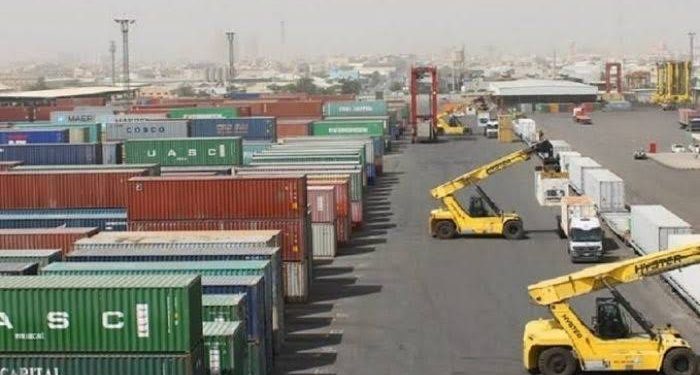The Ogun State Government has set aside 130 hectares of land for the Ijebu-Ode Inland Dry Port, a major infrastructure development expected to transform the state into a logistics hub while creating fresh job opportunities and boosting the growth prospects of micro, small, and medium enterprises.
The project is designed to address one of the major challenges facing businesses in Nigeria—high logistics costs and delays in cargo movement. By serving as an extension of the seaports, the inland dry port will allow importers and exporters to clear goods closer to their production sites. This will reduce congestion at coastal ports, cut transportation expenses, and speed up delivery times for businesses operating within and outside Ogun State.
For MSMEs, especially those in agro-processing, manufacturing, haulage, and exports, the dry port presents a chance to expand operations and secure new contract opportunities. It will enable small-scale farmers and processors to move produce quickly to both local and international markets, while manufacturers will benefit from reduced turnaround times in moving raw materials and finished goods. Haulage operators and logistics firms will also see increased demand for their services, translating into more jobs across the value chain.
The project’s location in Ijebu-Ode places it at the intersection of key economic corridors, linking it with the Lekki Deep Sea Port in Lagos and the Gateway International Agro-Cargo Airport in Ogun. This strategic connectivity is expected to position Ogun as a central node for regional trade, opening up opportunities not only for local businesses but also for those in neighbouring states.
Experts say the inland dry port could attract new investments in warehousing, freight forwarding, and customs processing, areas that often provide contract opportunities for small enterprises. Beyond trade facilitation, the project is expected to generate direct and indirect employment in construction, logistics, cargo handling, and allied services, providing a significant boost to job creation in the South-West.
With Ogun already recognised as a leading industrial state, the dry port further strengthens its status as a business-friendly environment. The state government has consistently positioned infrastructure as a driver of inclusive growth, and the inland port represents a step toward building a more competitive business ecosystem.
For Nigeria as a whole, the inland dry port aligns with efforts to decentralise cargo handling and ease pressure on the Apapa and Tin Can Island Ports, which have long struggled with congestion. By bringing port services closer to businesses in the hinterland, it could improve export efficiency and reduce the cost of doing business, outcomes that are critical to the survival and expansion of MSMEs.
As work on the Ijebu-Ode Inland Dry Port progresses, MSMEs across sectors are watching closely, with hopes that the project will not only facilitate trade but also deliver on its promise of job creation and improved market access. For many small businesses, the inland port could be the missing link that allows them to scale up, access regional markets, and become stronger contributors to the Nigerian economy.










